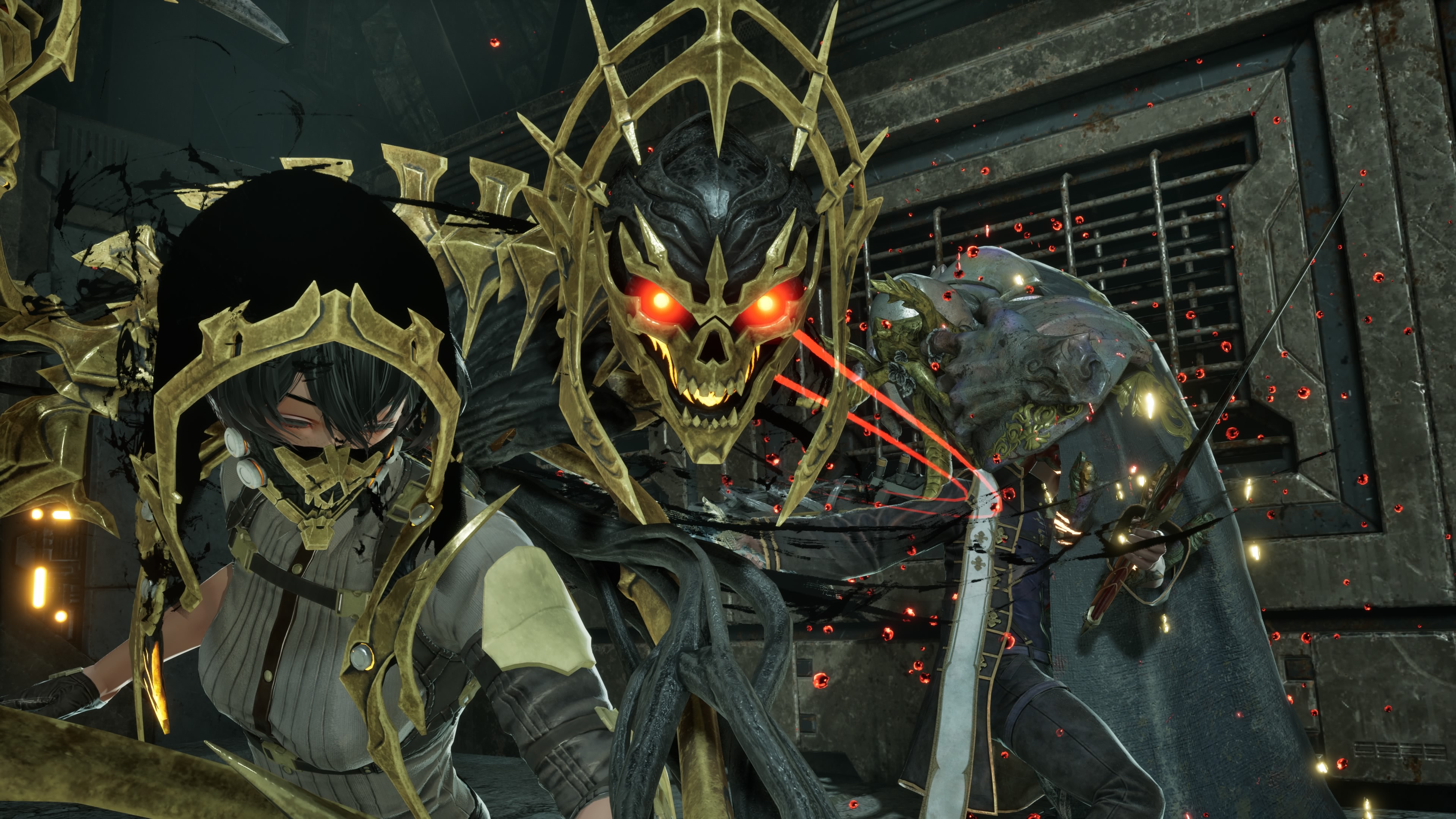Fallout co-creator Tim Cain says game prices 'have resisted matching inflation' because publishers have been pocketing the 'cost savings' from digital distribution
I always knew it was a capitalist plot.

Wind blows, birds fly, and Tim Cain YouTubes. The Interplay, Troika, and Obsidian developer (and OG Fallout co-creator) is once again nattering on his YouTube channel (via GamesRadar), and his topic this time is the divide between physical and digital media.
Cain strikes a pretty pro-digital-distribution tone at the video's start. Being able to stick a game on Steam rather than order print runs of discs means devs have more time to work on games (because there's less lead time between finishing development and shipping), it means games are easier to patch, and it means old games—like the many classics Cain worked on—can remain easily accessible in, hopefully, perpetuity.
But where things really heat up is with Cain's thoughts on how digital distribution has impacted game pricing. "Digital is cheaper," says Cain. "It's cheaper for everybody. It's less cost all around. "In theory," he continues, "prices should've dropped, but they didn't."
In Cain's telling of events, rather than spread the wealth out of sheer generosity of spirit, the capitalists just kind of, well, kept it. "You know those cost savings for being digital? Those should have been passed onto consumers… They didn't.
"The argument I hear is, 'Well, costs were rising in development, so they were balanced.' I don't think they were balanced." In other words, the money saved on not having to do physical media any more got pocketed by the corps.
Now, there's a flipside to that. "Digital probably is the reason games have resisted matching inflation. I've said this before: I bought games for $59 in the '90s. That would have been a really expensive game these days. And these were standard games for, like, Super Nintendo."
That is to say, the extra sauce corporate bottom lines got from the recouped money that would have been spent on physical distribution meant they could keep game prices steady without it eating too much into their margins. That's Cain's explanation, anyhow.
Keep up to date with the most important stories and the best deals, as picked by the PC Gamer team.
"Cost of goods—COG. You hear this a lot as a developer, your publisher [will say] 'Our COG is really high.' Those dropped tremendously with digital, but those savings weren't passed on."
Of course, if Cain's analysis is correct, then it seems we're already past the point where the savings from digital stood any chance of being passed onto consumers. The games industry, with its ever-bigger budgets, is increasingly a series of big bets on projects that publishers hope will pull in megabucks, and more and more games are daring to charge $70 or $80 on release day. Hell, there are even whispers GTA 6 might charge as much as $100 when it releases.
2025 games: This year's upcoming releases
Best PC games: Our all-time favorites
Free PC games: Freebie fest
Best FPS games: Finest gunplay
Best RPGs: Grand adventures
Best co-op games: Better together

One of Josh's first memories is of playing Quake 2 on the family computer when he was much too young to be doing that, and he's been irreparably game-brained ever since. His writing has been featured in Vice, Fanbyte, and the Financial Times. He'll play pretty much anything, and has written far too much on everything from visual novels to Assassin's Creed. His most profound loves are for CRPGs, immersive sims, and any game whose ambition outstrips its budget. He thinks you're all far too mean about Deus Ex: Invisible War.
You must confirm your public display name before commenting
Please logout and then login again, you will then be prompted to enter your display name.



